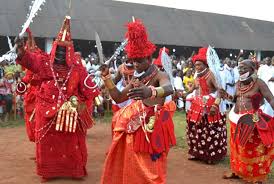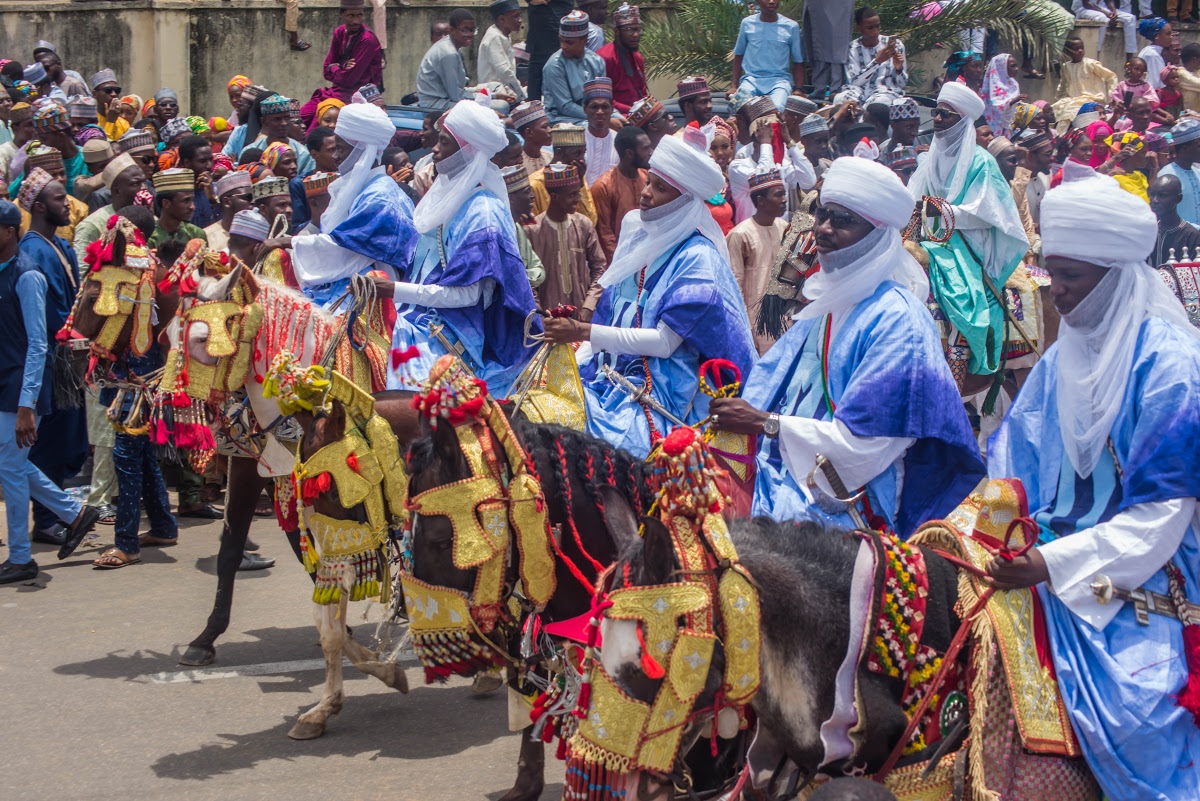
Nigeria’s Indigenous Languages: Preserving Linguistic Heritage in a Globalized World
With over 500 distinct languages, Nigeria is one of the most linguistically diverse countries in the world. Each language is a vessel carrying the history, culture, and identity of the communities who speak it. However, with globalization, urbanization, and the dominance of English, many of Nigeria’s indigenous languages are at risk of extinction. Preserving these languages is crucial, as each represents a unique worldview, social structure, and body of knowledge.
The Importance of Indigenous Languages in Nigerian Culture
Indigenous languages in Nigeria serve as more than just communication tools; they encapsulate the traditions, beliefs, and heritage of the ethnic groups who speak them. Languages like Yoruba, Igbo, Hausa, Kanuri, and Tiv are not only important for daily interactions but also for rituals, festivals, and oral storytelling. For instance, proverbs, which are central to Nigerian communication, lose their impact when translated, highlighting the deep cultural meanings embedded in native languages.
Each language carries unique cultural knowledge that reinforces social values and practices. For example, in Yoruba culture, the language is heavily tied to religion and traditional customs, especially during ceremonies. In Igbo communities, language is an integral part of communal storytelling and teaching values to younger generations. The preservation of these languages, therefore, is essential to maintaining Nigeria’s cultural richness.
Challenges Facing Indigenous Languages in Nigeria
Despite their cultural importance, Nigeria’s indigenous languages face numerous challenges. These include:
- Globalization: The influence of Western culture and languages, especially English, has impacted Nigeria’s linguistic landscape. In urban centers, English is the dominant language, used in education, business, and government, causing younger generations to favor English over native languages.
- Lack of Institutional Support: Many Nigerian schools prioritize English, sidelining native languages. This creates a scenario where children grow up with limited knowledge of their mother tongue, especially in urbanized areas.
- Migration and Urbanization: With increasing migration from rural to urban areas, people tend to adopt more widely spoken languages, leading to a decline in the use of their indigenous languages.
Efforts to Preserve Indigenous Languages
In response to the decline of indigenous languages, various initiatives have been introduced to revitalize and preserve Nigeria’s linguistic heritage. Here are some notable efforts:
- Language Education Programs: Some states, like Lagos, are integrating indigenous language instruction into school curriculums, particularly for primary schools. This helps children learn and appreciate their native languages from a young age.
- Digital Tools and Apps: Nigerian linguists and tech developers have created apps and digital dictionaries for languages such as Yoruba, Igbo, and Hausa. These tools make it easier for younger generations to learn and practice their mother tongues.
- Community-Based Language Programs: Organizations like the Yoruba Language Heritage Project and Igbo Language Revival Movement organize classes and events to promote their languages. These programs engage communities and encourage pride in linguistic heritage.
- Media and Entertainment: Radio stations, podcasts, and TV shows in indigenous languages are becoming more popular, reaching both local and diaspora audiences. The promotion of Nollywood films in native languages has also contributed to preserving linguistic diversity.
The Role of Technology in Language Preservation
With advancements in technology, Nigerian linguists and cultural advocates are leveraging digital tools to document and teach indigenous languages. Social media platforms, mobile apps, and even AI are being used to translate and disseminate native languages, making them accessible to younger generations who are tech-savvy. Initiatives such as the “YorubaName” project create online databases for Nigerian names and phrases, adding cultural context to language learning.
Additionally, apps like “Igbo101” and “SpeakYoruba” teach basic vocabulary and grammar, enabling language practice anytime and anywhere. Such technological interventions are proving to be effective in preserving language by adapting to modern lifestyles.
Fostering National Pride Through Language Preservation
Promoting indigenous languages fosters a sense of national pride and identity. It emphasizes the importance of cultural roots and encourages younger generations to appreciate their heritage. Through community events, such as language-themed festivals, Nigeria has seen growing participation and renewed interest in its diverse languages.
Language preservation is not just about keeping words alive; it’s about sustaining the cultural diversity and history of Nigeria. Every effort to protect and promote indigenous languages is a step toward keeping Nigerian heritage vibrant, resilient, and relevant in the modern world.
As Nigeria continues to grow, so does the importance of preserving its indigenous languages. Every dialect and word represents a vital piece of the nation’s cultural fabric, ensuring that Nigeria’s rich linguistic heritage remains alive for future generations.



